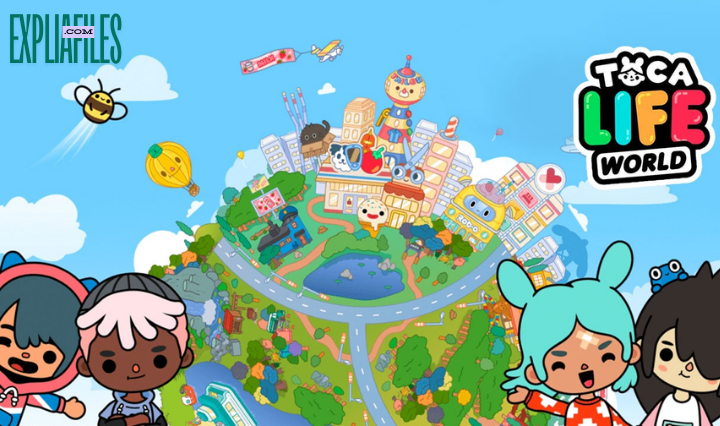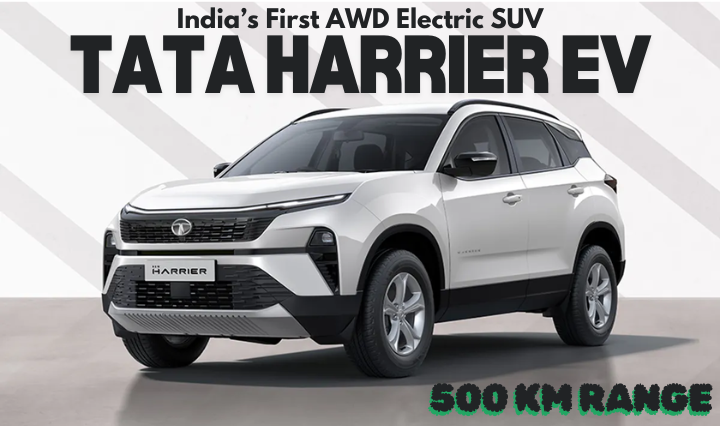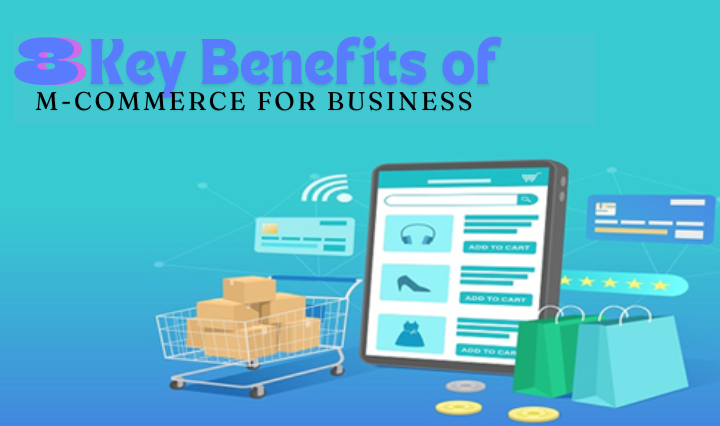How D2C Brands Can Win Over Customers Online
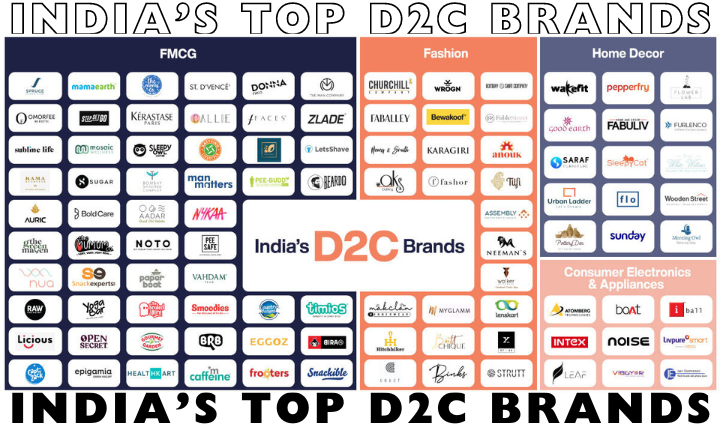
A D2C brands is one that diverges from the traditional retail formula where manufactured products reach the customer via intermediaries like distributors, wholesalers, and retailers. In eliminating third-party middlemen, D2C brands secure a way to sell directly to customers.
Read about How to start Dropshipping.

The primary characteristic of the D2C brands is channeling its resources in creating a platform to meet and greet customers directly. In their formative stages, D2C brands remained wholly digital, building online communities with a strong focus on unique brand identity, and investing in social media to thrive.
However, over the years, many D2C brands have started to leverage omnichannel commerce or launching their retail outlets thereby creating a phygital retail model. They are also opting for eCommerce marketplaces as alternate sales channels and added touchpoints for customer acquisition.
New age social media channels are important for D2C brands. Digital marketing, social media engagement, and advertising are significant segments of their business. Some brands rope in contemporariness and raise brand identity with influencer marketing. However, the essence of all D2C brands lies in customer-service, innovation, and a commitment to ensuring the highest product quality.
D2C brands capture and combine customer data to create a holistic customer experience that remains unmatched by traditional B2C or B2B brands. Take the examples Wow Skin Science and Caratlane that are actively using live streaming and trying at-home services to re-invent shopping for their customer base.
The Rise of the D2C Brands in the Indian Retail Sector
The surge withinside the quantity of D2C brands marks an universal transition of India’s macroeconomic variables and developing buying strength of consumers. India is about to emerge as the third biggest patron marketplace withinside the global with the aid of using 2026 and expected to surpass $400 billion with the aid of using 2030. While eCommerce surely takes a big share of the pie, it is the D2C brands segment that’s propelling this growth in the background.
With a rising per-capita household consumption and a burgeoning demand for products infused with innovation and sustainability, many verticals in D2C brands are showing a good compound annual growth rate (CAGR). Take the case of Pet care estimated to grow at 16.5% annually or sleep solutions at 17% or Food and Beverages at 14.8% CAGR.
Not to mention, India is becoming self-reliant with a robust digital infrastructure and fundamentals to support the boom in e-retail. The Central Government’s announcement of creating eCommerce hubs to spur on D2C brands exports is a stimulus that’ll launch native D2C brands into the international markets.
The growth of D2C brands also gain impetus from tier-II and tier-III cities. They source their materials from local producers and businesses while meeting the demand of consumers from underserved markets. D2C brands are known to deploy latest technologies like Gen AI, Predictive models, and shipping SaaS tools and work with extensive logistics networks that are available today to optimize their supply chain operations.
Top 15 D2C Brands Disrupting the Indian Consumer Market
1) DaMENSCH

Literally meaning “The Man,” DaMESNCH threaded innovation with sustainability, creating a comfort zone for menswear that’s hard to come by. Since its inception on 3rd May 2018, this D2C brands has bagged an Annual Recurring Revenue (ARR) of 100 crores in just three years.
Its founders, Anurag Saboo and Gaurav Pushkar, started the brand by targeting the least sought after segment in men’s apparel- innerwear. Now the brand has expanded its collection with a wide range of products: hoodies, joggers, polo t-shirts, shirts, statement t-shirts, vests, and more.
DaMENSCH’s secret to its exponentially growing popularity lies in combining sustainable fabric practices. Take, for example, its “The Constant Collection,” popularly known as 500 Day Collection contains curated apparel that lasts for 17 months.
It has introduced new technologies molded to sustain fabric quality, durability, and color, such as micro-modal and bacteriostatic fabrics. As such its iconic collection includes odor preventing inners and bamboo or cotton vests. The company primarily operates on its website but maintains a presence on Amazon, Nykaa, and TataCliq.
Owing to its customer centric policies, sizable apparel collection, and sustainable designs, DaMENSCH could secure $16.4 million in Series B funding. The brand also pays heed to local upliftment by sourcing materials from Tamil Nadu, Punjab, and Karnataka.
2) Pilgrim
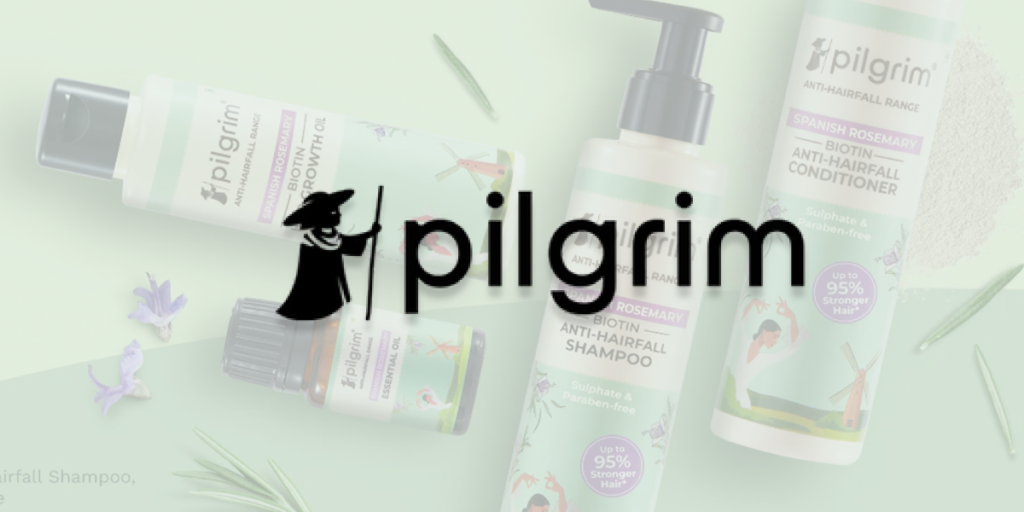
Pilgrim is a true globetrotter D2C brands, paying homage to exotic ingredients and age-old beauty formulas around the globe like volcanic ash from Jeju Island in Korea, and Vinotheraphic secrets from France. It maintains a balance between exotic ingredients and dermatologically tested skin-recharging compounds like Hyaluronic acid, Vitamin C, and Retinol.
Pilgrim’s USP is its cruelty-free, FDA and PETA-approved, 100% vegan skincare, hair-care, and makeup products that replenish skin health without burdening customer’s wallets. It is with the mission of combining quality and affordability that its founders Anurag Kedia and Gagandeep Makker launched Pilgrim in 2019.
Battling through the ups and downs of the Pandemic era, the company secured a $20 million investment in 2023 led by capital venture stalwarts. The surging popularity of this digital-first brand isn’t simply owed to customers’ love for its anti-aging creams or its 28-day guaranteed hair-growing products.
Rather it’s the constant drive towards customer-centric innovation and sustainable practices that gives Pilgrim an edge in the industry. The brand is now on a growth spurt, venturing into offline mode with kiosks in Hyderabad, Mumbai, and a retail store at Chennai’s airport.
3) boAT Lifestyle
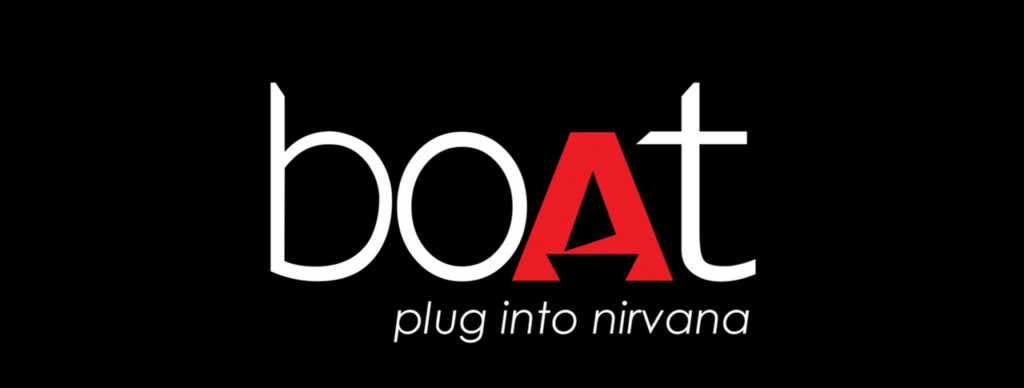
There are hardly any millennials and GenZ ‘audiophiles’ who haven’t come across at least one boAT product on Amazon or Flipkart. Its co-founder, Aman Gupta has had extensive experience handling sales for companies like JBL. He melded his expertise with the entrepreneurial skill set of Sameer Ashok Mehta in 2014 to form the brand we know today.
boAT tapped into a market that was waiting for “Made in India” wearable audio electronics. The brand quickly rose to fame amongst millennials with its affordable and stylish portfolio of products. Its journey began with indestructible charging cables and quickly incorporated both wired and wireless hearables.
boAT enthusiasts get a wide range of selections, from gaming headphones to neckbands, wireless earbuds to smartwatches, and power banks to speakers. boAt is majorly active in eCommerce marketplaces that supplement 83% of its revenue. Moreover, in 2018-19, it started its offline trajectory with Reliance Digital and Croma Stores.
boAT’s strong presence amongst consumers is a testament to its marketing strategy, whereby it branded itself as an aspirational brand. It has forged a community of ‘boAtheads’, who are young trendsetters, optimistic, and have strong aspirations to achieve their dreams. It solidified its brand presence, bringing perceived value from Indian celebrities like Kiara Advani and Kartik Aryan.
4) Kapiva
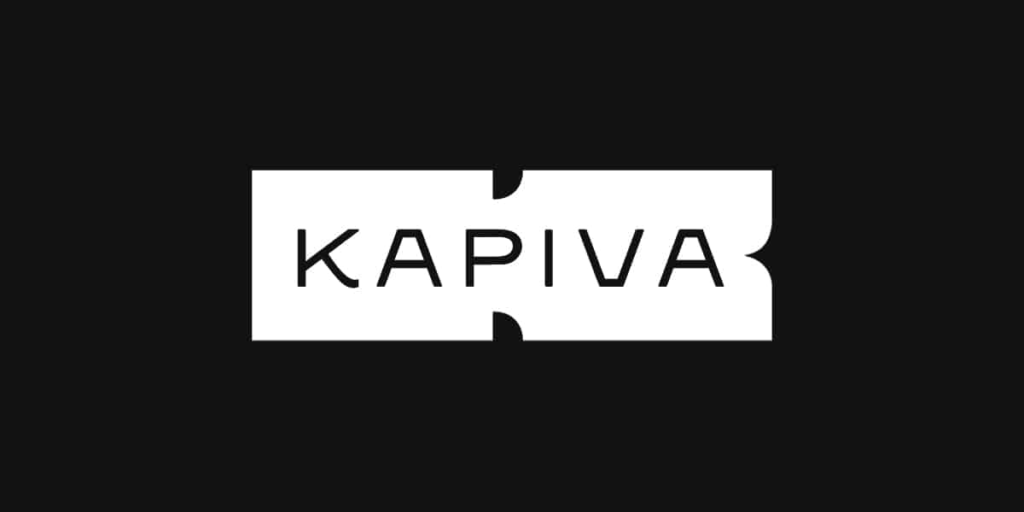
Kapiva has revived the healthcare and wellness industry with authentic Ayurvedic recipes, freshest ingredients, and nutritional products. Its founders Ameva Sharma and Shrey Badhani, envisioned the D2C brands as a synergy of ‘tri-doshas’- organic constituents, ancient Ayurvedic knowledge, and naturally sourced ingredients.
Kapiva has seen exponential growth since its launch in 2016. In FY23, it clocked a revenue of Rs 114 crore, having shipped 1 million products to over 3 lakh customers. Its extensive and diverse 40+ product portfolios tackle lifestyle diseases, revive skin health, elevate heart care, and infuse wellness in everyday diet taking care of nutrient deficiencies.
Its holistic coverage of nutrition promotes a healthy and balanced nourishment intake for every lifestyle. Its popular Gym food products are one of the many reasons for expanding the consumer circle. The other reason is its intense focus on 1:1 personalization as a solid customer retention strategy. Finally, Kapiva’s online consulting services with Ayurvedic doctors available for feasible consultations.
5) BlueStone
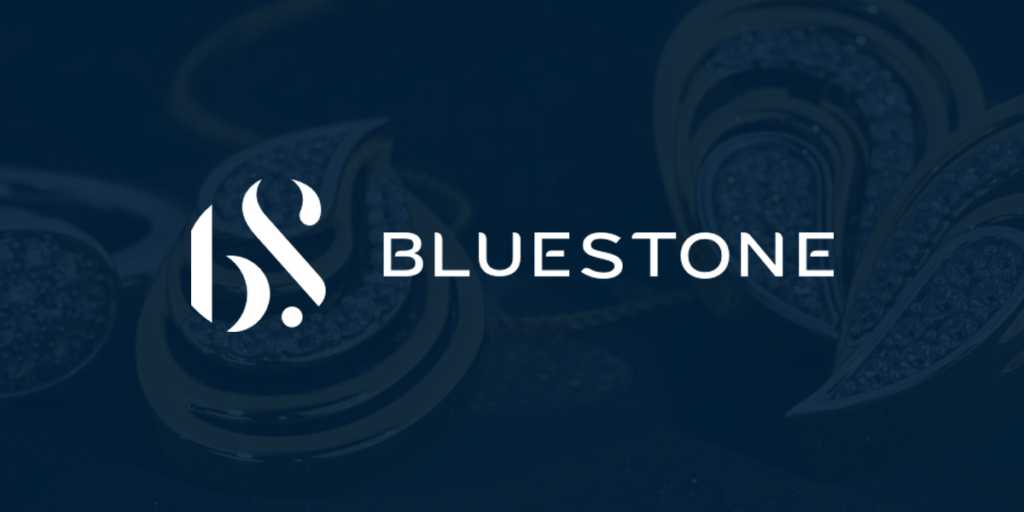
Some say India is the land of gold and jewelleries, and now no longer with out evidence. According to the World Gold Council, India is the second one biggest customer marketplace for gold jewelry withinside the globe. Pair this with how most of us shop online now and you will understand why BlueStone is so popular.
This jewelry emblem changed into one of the first ones to release its collections absolutely online, beginning from its basis in 2011 with the aid of using Gaurav Kushwaha. It is now a prime omnichannel D2C brands with 150+ retail shops achieving the furthest nook of the country, like Nagaland.
It has an impressive portfolio suited for all ages, gender, occasions, and price ranges, incorporating gold, diamond, platinum, and gemstones. Staying true to the motto of D2C brands, BlueStone has created an incredibly gratifying customer experience.
Take, for example, its lifetime exchange offer that allows customers to exchange their old jewellery for newer designs or cash.
It has others tantalizing offers like trying at home service, allowing potential shoppers to book a home appointment to view shortlisted pieces. BlueStone leverages the comfort of online shopping by offering free shipping and 100% return within 30 days of purchase, no questions asked.
6) Wow Skin Science

In an era with growing climate consciousness and the rapid rise of the vegan movement, Wow Skin Science naturally fits the mold. The business enterprise positions itself as a herbal and real plant-primarily based totally splendor logo that`s cruelty-unfastened and with out harsh chemicals.
Founded by Manish Chowdhary and Karan Chowdhary, the brand is growing at an unprecedented rate, earning nearly 500 crores in 2022. This health and wellness brand gets 90% of its sales from retail outlets in India and the U.S. Only 10% of its customers buy from its website.
What empowers it to compete with behemoth cosmetic brands like Nykaa and Mamaearth is its broad spectrum of the product portfolio. It presents customers with the fun of experimenting with diverse plant ingredients like Vitamin C, apple cider vinegar, and activated charcoal.
It also enables customers to choose products based on their skin concerns and types, climate variations, and scent. Most of its products hit the perfect 5 star ratings, further endorsing its quality for new users. The startup has seen a flurry of funding from Singapore’s GIC and venture capital firms like Chrys Capital. Its total funding stands at $124.9 million.
7) Supertails
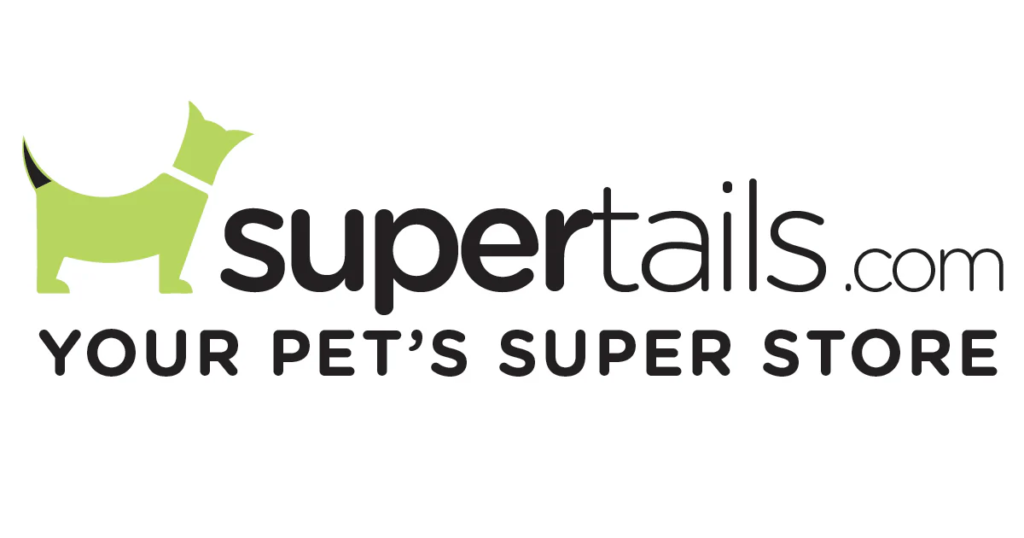
There are over 31 million pet parents in India and most of them are already acquainted with Supertails, a digital-first brand for pet care products and health consulting. Started by Aman Tekriwal, Vineet Khanna and Varun in Bengaluru, Supertails is a haven for pet accessories, pet food, toys and online veterinary consultations.
Recently it has also launched Supertails Pharmacy, an indicator of its continued growth. The continuing popularity of the brand can’t be just attributed to its premium range of products and services. It’s also the way Supertails delivers and serves its customers that’s earned it a staunch customer base. For example, it offers 24 hours delivery in 24 cities, complimentary health checkup for new members, and on-time order fulfillment.
Supertails continues to gain strong support from capital ventures. It raised a capital of $15 million from RPSG Capital Ventures early this year and plans to hit Rs 100 crore by end of FY 2024. As of now, it serves 18k pin codes in India but is planning to open up trial brick and mortar stores in Tier 1 cities. The future of the brand remains unwaveringly stable with high quality products and loyal followers.
8) Neeman’s
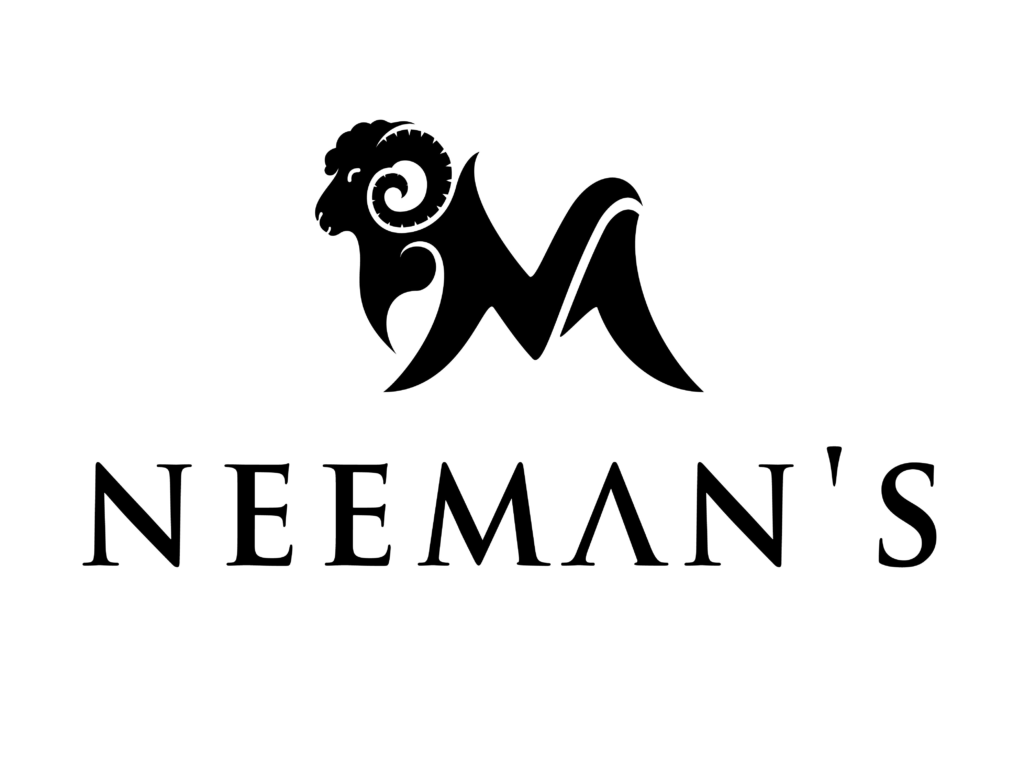
Neeman’s just fits the trend where we are heading towards incorporating sustainable practices in our everyday lives. In fact, it is one of the very few shoe brands in India that has completely substituted synthetic fibers with organic ones.
The eco-friendly footwear brand caught the media’s and natural consumers’ attention by recycling PET plastic bottles and rubber into shoes. Today Neeman’s uses a variety of renewable fabrics like Merino Wool, renowned for being featherlight and comfort inducing cotton fabrics.
The brand offers slip-on, casuals, sneakers, loafers, and trainers amongst others. Its footwear ranges from affordable cotton slip-ons to premium Merino wool joggers that come with water resistant soles. Customers buying from Neeman’s positively rate them for their flexible, durable, odorless, and lightweight shoes that obliterate the need to wear socks.
Neeman’s was founded in 2018 by Amar Preet Singh and Taran Chhabra. It is currently valued at nearly $40 million, acquiring a Series B funding of $9.8 million in June 2022.
9) Sugar Cosmetics

Sugar Cosmetics left the usa astounded with its predicted valuation of $500 million in May 2022. This D2C brands become began out in 2015 through Vineeta Singh and Kaushik Mukherjee, who’s the CEO and COO of the employer now. It made information once more through raising $87.5 million in Series B and Angel investment rounds as of September 2022.
Unlike many of its 100% vegan makeup and beauty counterparts, Sugar focused on developing products that can withstand India’s hot and humid conditions. Its beauty products are geared towards digitally-savvy millennial working women possessing deeper skin tones than Caucasian women.
Vineeta Singh started the company witnessing the lack of compatible products for Indian consumers and the underserved market needs. It commenced its journey with colorful liquid lipstick with a long-lasting impression and blended glossy shine with matte. Today, Sugar has well over 100+ variants of lipsticks, primers, blush, and foundations.
Sugar Cosmetics, too, has been able to achieve its true potential after embracing omnichannel retail but remaining true to its D2C brands ethos. It currently has over 195+ retail outlets spread across the country. It is not only known for its quality ingredients but more so for its clutter-free and expressive art in packaging.
10) Wakefit
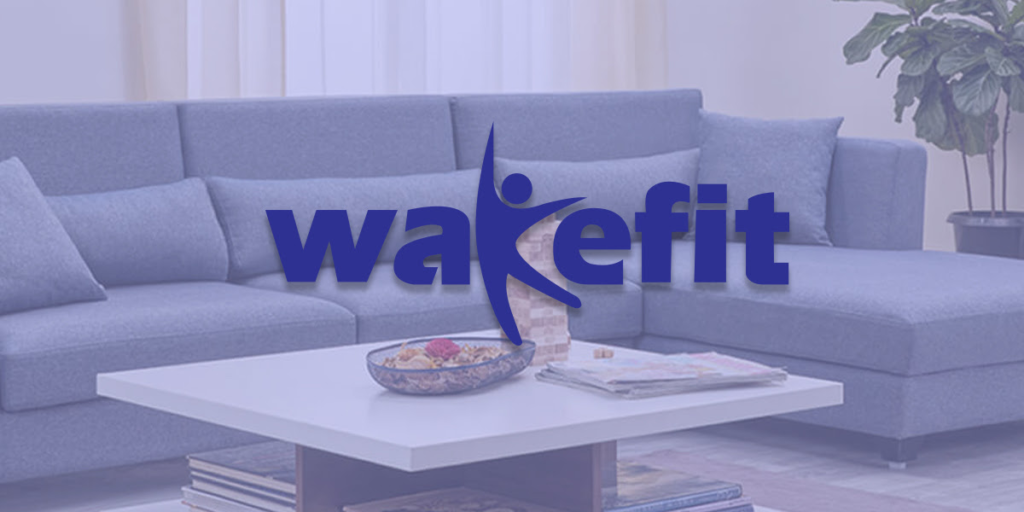
Wakefit goes by the motto of “RightToNap,” steadily marching towards the mission of democratizing sleep for every common person in India. This D2C brands has gained much appreciation from over 5 lakh customers since its founding in 2016 by Chaitanya Ramlinge gowda and Ankit Garg.
The brand’s prime appeal is its innovation-driven sleep mattresses designed to promote orthopedic comfort, especially relief from back pain. The brand commands an impressive market share of 30-40% in the sleep products market. Its sleep solutions include an orthopedic memory foam mattress, a 7-zone Latex mattress, and dual comfort mattresses.
Though Wakefit began its startup journey with a mattress, today, it boasts a greater selection of products, from pillows to bed frames, sofas to study tables. Currently, the company produces 7500 to 9000 mattresses a month, with machinery imported from Europe and the Middle East.
Owing to its rigorous attention to product quality, Wakefit has earned several certifications of expertise like Certi-PUR and Greenguard. It majorly operates from its website for two-thirds of its total sales; the rest is supplemented by Amazon, Pepperfry, and Flipkart. As of 2022, the company has earned a Series D funding of 320 crores INR.
11) Caratlane
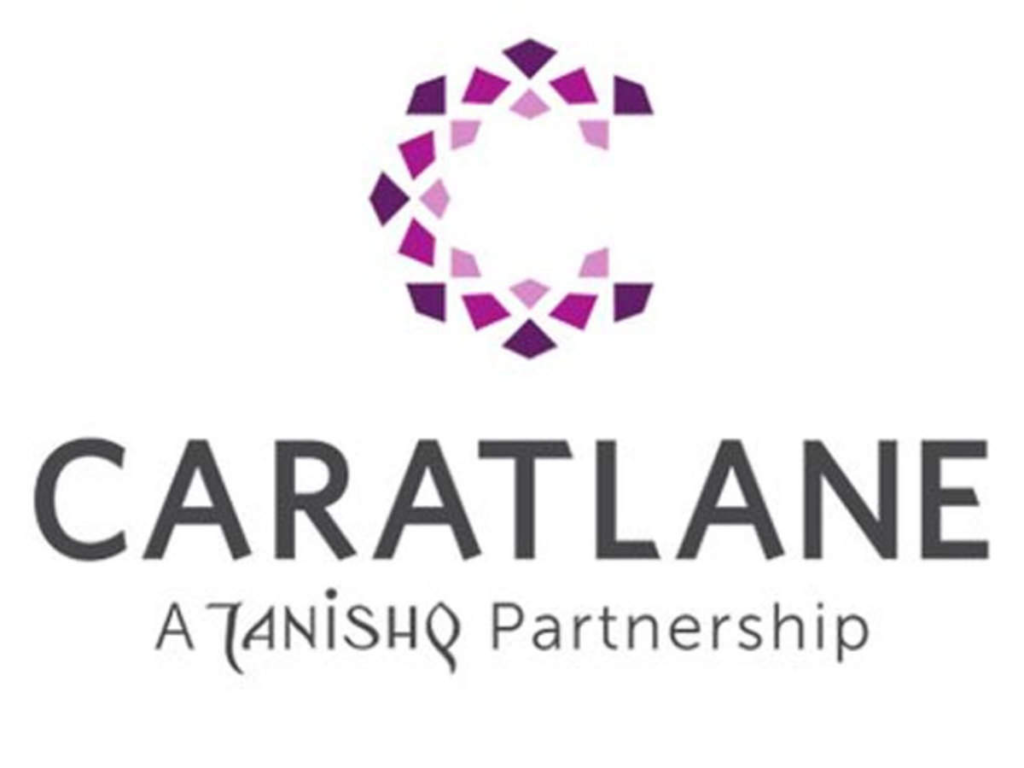
There are few D2C brands which have endured to hold its boom momentum like Caratlane has due to the fact that its established order in 2008. Founded through Mithun Sacheti and Srinivasa Gopalan, the emblem have become a subsidiary of Tanishq in 2017. Since then, Caratlane has embraced an omnichannel method to come to be India`s biggest on-line jewelry seller.
Caratlane has created its own niche in the jewellery market by designing pieces that are contemporary and ‘en vogue.’ It pays homage to modernity, lightweight, and versatility suited for everyday wear and ever changing fashion styles. Take, for example, its statement collection Shaya, Ombre 2.0, and Bloom.
Recently it launched a collaboration with Wizarding World, much to the delight of the many Potterheads. It even upheld the sorting ceremony with pieces inspired by the famous four Hogwarts houses, patronus, and magic artifacts like the Gryffindor sword.
Caratlane also targets male consumers (who are otherwise not regarded as the most potent consumer segment) with rings, earrings, and bracelets. The brand is estimated to have a value of 20,000 crores INR with a 200% growth rate in 2022. Though it operates primarily from its website, the brand has 165 retail stores in over 66 Indian cities.
12) Heads Up For Tails (HUFT)
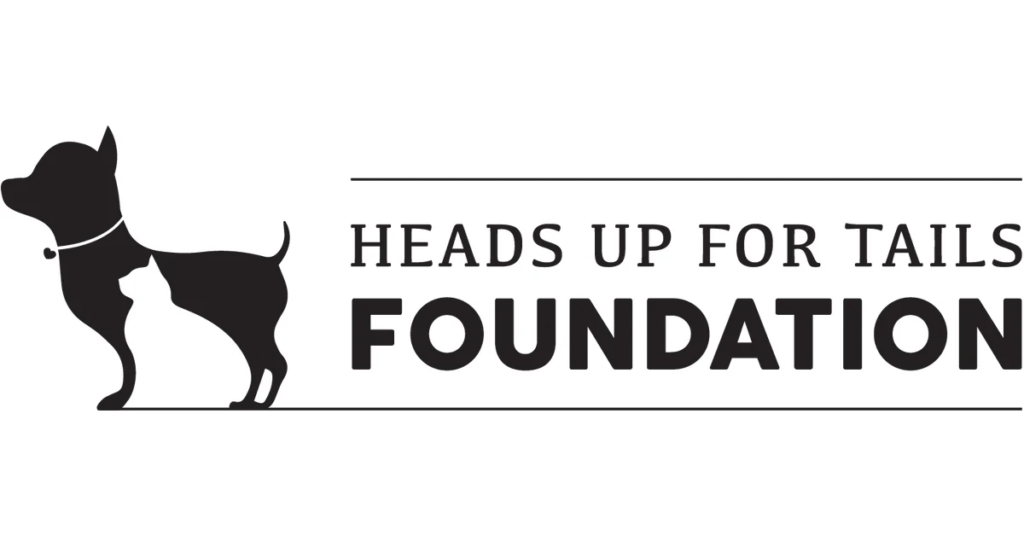
HUFT is India’s first online pet store brand that made its debut in the D2C brands market in 2008. As a one it’s a kind store, HUFT became popular amongst pet parents early in the day. Interestingly, it was first launched as a kiosk at Select City Mall, South Delhi. With its humble beginnings, the brand has today expanded to 75 stores in 15 Indian cities and 45 pet spas.
HUFT is the dreamchild of its Founder and CEO, Rashi Narang. She was later joined by co-founders Rishima Coelho and Sandeep Atmaram. They designed the brand to become a one-stop destination for everything pet owners would need to care for their furry friends.
Their products have a wide selection of bedding, accessories, wet and dry food, wellness products, and many toys. The total valuation of HUFT is evaluated at $185 million.
In January this year, the company raised funding worth $12.5 million from early venture capitalists Sequoia Capital and Verlinvest. The company had launched its pet accessories products in the U.S. HUFT’s future plans include launching 150 experience centers by 2024 and expanding its retail presence.
13) The Souled Store
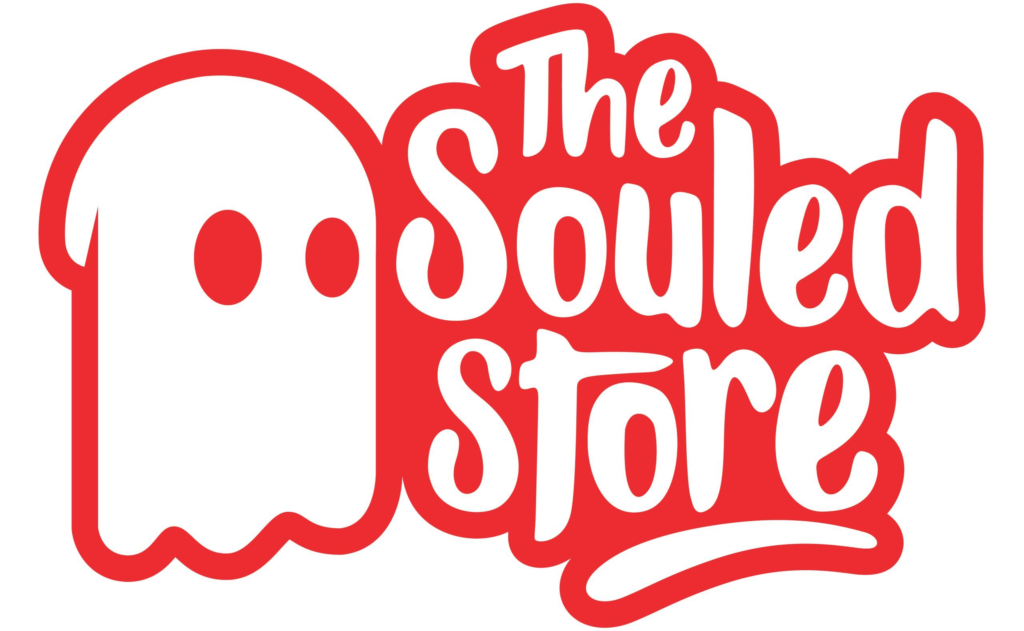
The Souled Store has long become synonymous with the pop-culture merchandise storehouse. Since its launch in June 2013 by founders Aditya Sharma, Vedang Patel, and Harsh Lal, the brand has served over 6 million customers who revisit the store.
From cartoon characters to Potterverse, Marvel studio fans to DC followers, and Netflix show bingers to comic lovers; the brand is a go-to destination for millennials and GenZ. The brand is broadly segmented into top wear, bottom wear, shoes, and accessories for men, women, and kids.
The brand majorly operates as a digitally native store, but since 2021, it has made its foray into offline retail. Currently, it has six brick-and-mortar stores located in Mumbai, Pune and Bangalore. The brand further plans to expand its offline footprint with 50+ stores in the upcoming three years.
The Souled Store certainly leads the chart with regards to pop-tradition stimulated apparel. In March 2023, the employer raised investment of one hundred thirty five crore INR led via way of means of Xponentia Capital. At the moment, the emblem earns 70% of its sales from its on-line internet site and app, the last from marketplaces and retail outlets. It also plans to expand to the UAE and later the GCC region in the next two or three years.
14) Mosaic Wellness

In 2019, Dhyanesh Shah and Revant Bhate created a digital health clinic to bring health and wellness to the tip of our fingers. The brand focuses on creating personalized health solutions for issues specific to men and women. As such it operates in two verticals, “Be Bodywise,” targeting women’s health, and “Man Matters” for men.
Mosaic Wellness started with the men’s health segment in 2020 and gradually opened its counterpart, Bodywise, in 2021. Now, the company has furthered its health outreach for children with its “Little Joys” component.
Mosaic Wellness has over 150+ doctors with 10+ lakh consultations since its inception. The company’s motto is to make health care and nutrition more accessible to Indian men and women. Interested parties can assess themselves on the platform, book a free consultation with doctors and get personalized solutions to their affecting problems.
15) Mokobara

Mokobara has made quite a name in the travel and lifestyle sub-segment of India’s D2C brands. The brand came into existence amid the pandemic in 2020, when the travel ban became the norm. Undeterred by any circumstances, its founders Sangeet Agarwal and Navin Parwal, planned for the future of travel with their functional but trendy products.
Currently, Mokobara is headquartered in Bangalore. It largely offers duffel bags, backpacks, and suitcases with the motto to help its customers reach their destination with ease and style. It also offers sling bags, wallets, and travel kits. Its products have gained a reputation for their sleek design, eye-catching aesthetics, and durability.
Mokobara has taken the omnichannel roadway, with sales accruing from its offline stores, eCommerce marketplaces and its native website. In 2022, the brand raised funding capital of $6.5 million, led by Saama Capital and Sauce VC.
Conclusion
A decade ago, D2C brands was not a term Indian consumers were familiar with. But today, it’s a different story. Every five out of ten youth consumers today are familiar with at least one of the 800+ D2C brands that operate in India.
D2C brands benefit traction as a result of their wonderful products, clean client service, deep client engagement, and social media presence. Many of those manufacturers are on their manner to accomplishing the a hundred crore mark, and others are withinside the system of securing this trophy. We hope this article will help you understand D2C brands and their unique features clearly.
FAQs
1) Why do Indian Consumers Prefer D2C Brands?
Indian consumers prefer D2C brands for the excellent brand experience they provide. Since these companies eliminate or limit the reach of middlemen like distributors or wholesalers, they can offer price benefits that other customers don’t get. The brands are also hyper-focused on creating a seamless customer journey with fast response time and quality services. Customers also get to be part of VIP membership and loyalty programs with D2C brands.
2) How is Direct-to-consumer different from business-to-consumer brands?
A Direct-to-Consumer channel gets rid of middlemen from their enterprise version and prefers to promote their merchandise without delay to customers, both on their virtual platform or a retail outlet they personal and operate. In contrast, a B2C enterprise version is based on distribution networks like wholesalers, distributors, and stores to attain a extra purchaser base in a much broader geographic area. It is easier for a B2C business to scale faster than its D2C brands.


